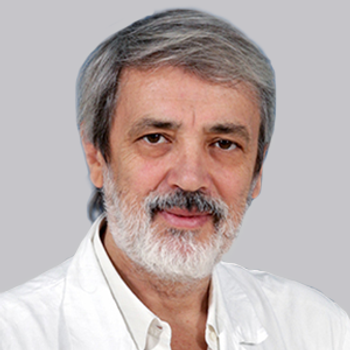
New study reveals that alixorexton significantly improves wakefulness and reduces daytime sleepiness in narcolepsy type 1, paving the way for phase 3 trials.

New study reveals that alixorexton significantly improves wakefulness and reduces daytime sleepiness in narcolepsy type 1, paving the way for phase 3 trials.
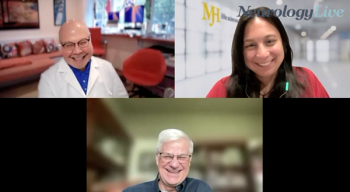
A duo of experts discussed a novel hybrid trial approach combining in-home video assessments with traditional visits to improve Parkinson disease research participation and assess a new investigational therapy. [WATCH TIME: 7 minutes]

Here's some of what is coming soon to NeurologyLive® this week.

Praxis Precision Medicines advances relutrigine for rare epilepsy, achieving FDA breakthrough status and promising results in ongoing clinical trials.
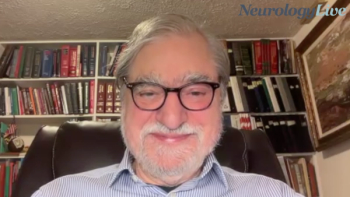
The professor of neurology at Thomas Jefferson University discussed the shifting diagnostic challenges of stiff person syndrome and reviewed current and emerging treatment options. [WATCH TIME: 6 minutes]

Test your neurology knowledge with NeurologyLive®'s weekly quiz series, featuring questions on a variety of clinical and historical neurology topics. This week's topic is on progressive multiple sclerosis.

Findings revealed that dry mouth and falls were reported more frequently in patients with Parkinson disease treated with solifenacin in comparison with pelvic floor muscle exercise-based behavioral therapy.
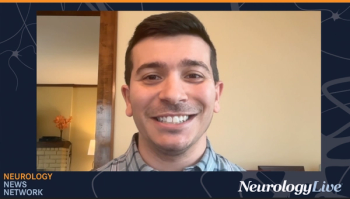
Neurology News Network. for the week ending July 19, 2025. [WATCH TIME: 4 minutes]

Take 5 minutes to catch up on NeurologyLive®'s highlights from the week ending July 18, 2025.

FDA halts Sarepta's Elevidys gene therapy distribution after three patient deaths, prioritizing safety amid ongoing clinical trial evaluations.

Elisabeth Marsh, MD, an associate professor of neurology at Johns Hopkins, shared her insights on the emerging role of AI in clinical practice and neurologic education, ahead of her session at the 2025 ANA/AUPN Annual Meetings.

Mind Moments®, a podcast from NeurologyLive®, brings you an exclusive interview with Stewart Tepper, MD. [LISTEN TIME: 26 minutes]

A recent research letter emphasized that meningitis could be a possible early manifestation of MOG antibody–associated disease, according to results previously published in an international study.

A recent survey revealed significant variability in treatment decisions for pediatric MOGAD, highlighting gaps in knowledge and the potential need for improved clinical guidelines.
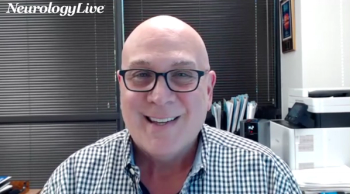
The professor of neurology at the University of Miami Miller School of Medicine provided context on the clinical use of the Cognivue Amyloid Risk Measure in the context of Alzheimer disease care. [WATCH TIME: 3 minutes]

Andrew Varga, MD, PhD, associate professor of medicine at the Icahn School of Medicine at Mount Sinai, provided comment on a featured debate at the 2025 SLEEP Annual Meeting exploring the evolving science behind glymphatic clearance and its potential link to Alzheimer disease.

Nuri Jacoby, MD, neurologist at Maimonides Medical Center and SUNY Downstate, previewed a hands-on session at the upcoming AUP Annual Meeting exploring how simulations can teach communication, professionalism, and feedback skills in neurology training.

Recent findings suggest that laser interstitial thermal therapy could offer patients with drug-resistant mesial temporal lobe epilepsy a minimally invasive and safe therapeutic option.

A study links high ultraprocessed food consumption to increased risks of nonmotor Parkinson's disease symptoms, highlighting potential dietary impacts on neurodegeneration.
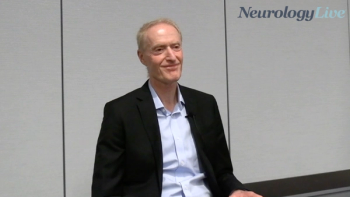
The professor of neuroscience at Harvard Medical School highlighted gaps in headache care access, provider training, and medication availability in regions like Kenya and the Philippines. [WATCH TIME: 5 minutes]

Nester Tomycz, MD, director of neurosurgical pain division at Allegheny General Hospital, discussed emerging neurosurgerical approaches for chronic pain, with a focus on neuromodulation, patient selection, and non-opioid treatment pathways.

The professor and chair of neuroscience at UT Southwestern Medical Center offered an overview on his keynote lecture presented at AHS 2025 on the circadian clock in relation to headache.

A recent study highlighted key unmet needs and barriers that may lead to preventable nursing home placements among Black, Hispanic/Latino, and White patients living with dementia.

Emmanuel During, MD, an associate professor of neurology at the Icahn School of Medicine at Mount Sinai, discussed the external validation of an actigraphy-based classifier for diagnosing iRBD and its implications for scalable neurodegenerative screening.
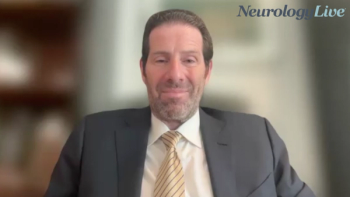
The professor of neurological surgery at Weill Cornell Medicine shared his reaction to the recent approval of the Exablate Neuro platform that uses MRI-guided focused ultrasound to treat Parkinson disease. [WATCH TIME: 5 minutes]

A groundbreaking trial reveals that subthalamic deep brain stimulation effectively treats isolated dystonia, showing significant long-term motor and mental health improvements.

Patients using intranasal zavegepant for acute migraines report significant pain relief and improved daily functioning, highlighting its real-world effectiveness.

Takeda reveals promising phase 3 results for oveporexton, a potential breakthrough treatment for narcolepsy type 1, targeting excessive daytime sleepiness.

Recently reported phase 2b results revealed that PrimeC consistently altered ALS-related miRNA expression, reinforcing its potential as a multi-targeted therapy and aligning with previously reported clinical benefits.
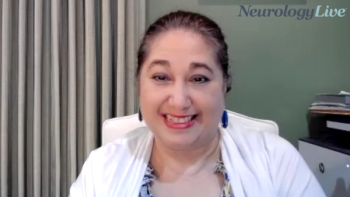
The movement disorder specialist and patient living with Parkinson disease highlighted the need for a more human-centered approach in managing chronic and progressive movement disorders. [WATCH TIME: 6 minutes]